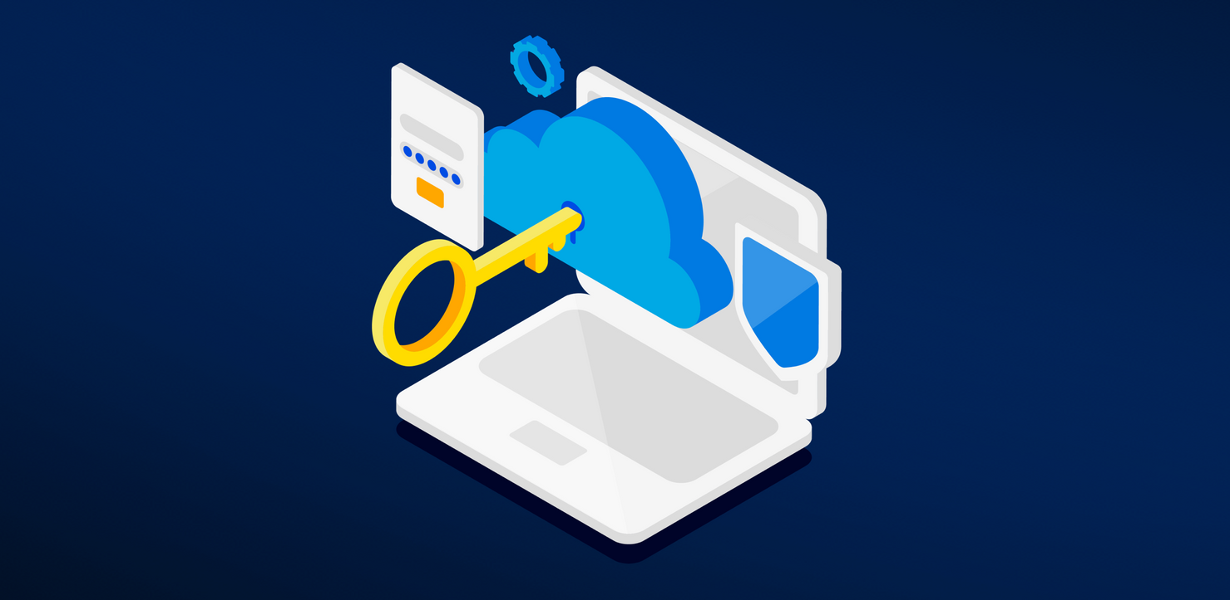
In the ever-evolving landscape of digital security, the integration of blockchain technology has emerged as a beacon of hope. With data breaches becoming alarmingly common, safeguarding sensitive information in the cloud has become a paramount concern for individuals and businesses alike. This is where blockchain steps in, offering a paradigm shift in the way we perceive and implement cloud security.
The Essence of Blockchain in Cloud Security
Immutable Ledgers: Fortifying Data Integrity
At the core of blockchain lies its hallmark feature – immutability. Once a record is added to the blockchain, it becomes virtually impossible to alter or tamper with. This inherent characteristic ensures that data stored on the cloud remains intact and unaltered, providing an unprecedented level of data integrity.
Decentralization: Redefining Trust in the Cloud
Traditional cloud systems are centralized, leaving them vulnerable to single points of failure or malicious attacks. Blockchain, however, operates on a decentralized network, distributing the responsibility and authority across a multitude of nodes. This decentralization drastically reduces the risk of unauthorized access or data manipulation.
Smart Contracts: Automating Security Protocols
Smart contracts, self-executing contracts with the terms directly written into code, play a pivotal role in blockchain-based cloud security. They automate various aspects of security protocols, ensuring that predefined conditions are met before data can be accessed or modified.
The Synergy of Blockchain and Cloud Security
Enhanced Data Privacy and Confidentiality
Blockchain employs cryptographic techniques to secure data, making it virtually impossible for unauthorized entities to decipher or access sensitive information. This ensures that privacy and confidentiality are upheld to the highest standard.
Real-time Auditing and Transparency
Every transaction or modification within a blockchain is recorded and timestamped. This transparent ledger provides a comprehensive audit trail, enabling swift identification of any unauthorized activities. It also fosters trust among stakeholders, as they can independently verify the integrity of the data.
Resilience against DDoS Attacks
Distributed Denial of Service (DDoS) attacks have been a bane for cloud services. Blockchain’s decentralized nature disperses the computing load, making it highly resistant to such attacks. This ensures uninterrupted access to data even in the face of a large-scale assault.
Cost-effective Scalability
Traditional cloud security solutions often come with a hefty price tag, particularly as the need for scalability grows. Blockchain, on the other hand, offers a cost-effective alternative, allowing for seamless expansion without exorbitant infrastructure investments.
Final Words
In the ever-evolving landscape of cloud security, blockchain stands tall as a revolutionary force. Its integration promises an unprecedented level of data integrity, privacy, and resilience against cyber threats. Embracing this technology is not merely an option; it’s a strategic imperative in safeguarding the digital assets of the future.
Commonly Asked Questions
Q1: How does blockchain protect against unauthorized access?
A1: Blockchain utilizes cryptographic techniques to secure data, making it extremely challenging for unauthorized entities to gain access.
Q2: What sets blockchain-based cloud security apart from traditional methods?
A2: The decentralization and immutability of blockchain make it exceptionally resilient against attacks and data tampering, setting it apart from centralized approaches.
Q3: Can blockchain be integrated into existing cloud infrastructures?
A3: Yes, blockchain can be seamlessly integrated into existing cloud infrastructures, enhancing their security and integrity.
Q4: Are smart contracts essential for blockchain-based cloud security?
A4: Smart contracts automate security protocols, adding an extra layer of protection. While not essential, they significantly enhance the security of blockchain-based systems.
Q5: How does blockchain contribute to cost-effective scalability in cloud security?
A5: Blockchain offers a more cost-effective alternative for scaling cloud security, allowing for seamless expansion without exorbitant infrastructure investments.
Advertisement






